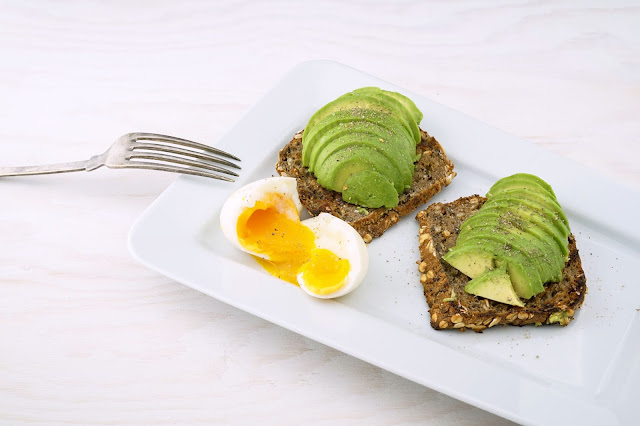How to deal with relapse
Relapsing into old eating habits is a normal setback during the process of any major change in your eating or lifestyle habits. It can feel like a major defeat, but it doesn’t have to be.
Periodic relapses frequently occur with the following stages:
1. LAPSE
• A binge session, overeating or choosing a food associated with the old habits
• Being caught out in a situation with nothing appropriate to eat
• Pressure from other peoples’ behaviour (e.g. social events)
2. EMOTIONAL REACTION
• Guilt, blame and distress
3. RELAPSE
• “Oh well, I’ve blown it. What’s the point of holding back?”
4. EMOTIONAL REACTION
• Hopelessness and depression
5. BINGE / STARVE / DIET CYCLE
There are strategies for dealing with the lapse-relapse cycle, that can help you to stay positive and prevent these situations from creeping up on you.
Reframing
This is a technique designed to shift your perspective from a negative to a positive frame. This change in your attitude will allow for more choices to emerge from a difficult situation.
For example, you come home at the end of the day, ravenous and want to start snacking uncontrollably. Your negative frame says, “I'm out of control, I'm hopeless.” But you can see this in a positive frame and decide, “I’ll choose a healthy low GI snack when I get home so I don’t overeat at dinner.”
Identifying high-risk situations
Acknowledging the situations when you are likely to relapse will help to plan for these in future, e.g. feeling over-stressed, over-worked, starving, exhaustion or social events.
Using preventative measures
You can choose to deal with these situations before they affect you and potentially cause a relapse. For example, try to plan ahead, don’t skip meals, don’t go out on an empty stomach, choose low GI foods, learn relaxation techniques and exercise more often to minimise stress.
Remember, it's normal for anyone to occasionally over-eat or exceed their feeling of fullness. So stay positive and don’t let a relapse defeat you.
Vicky Mazzone




Comments
Post a Comment